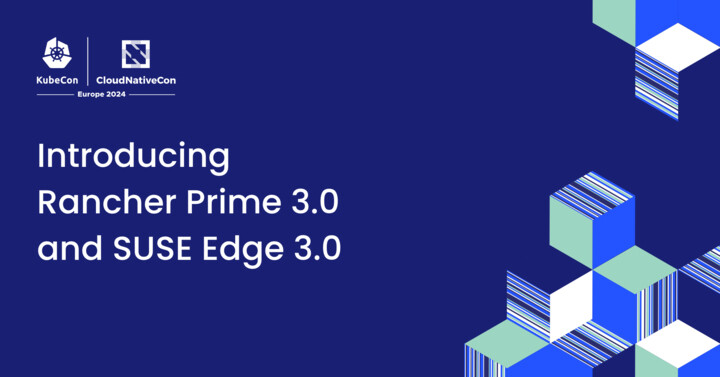March 19, 2024
Featured blogs
February 27, 2024
Choice matters, choice happens
About SUSE
At SUSE, our goal is to give our customers the freedom to innovate everywhere.
SUSE History
Our history starts in 1992 when we delivered the first Enterprise Linux distribution.
Read more